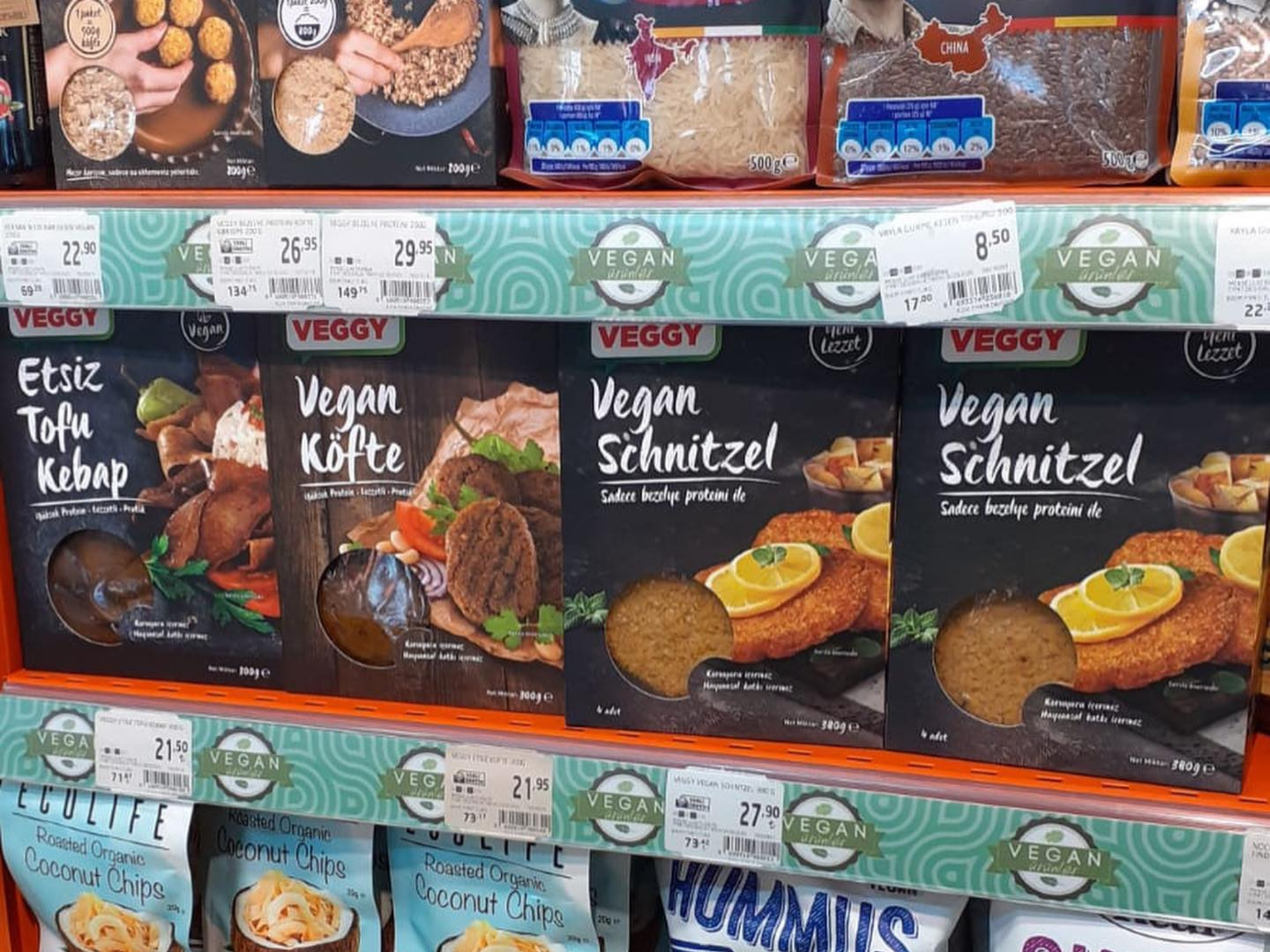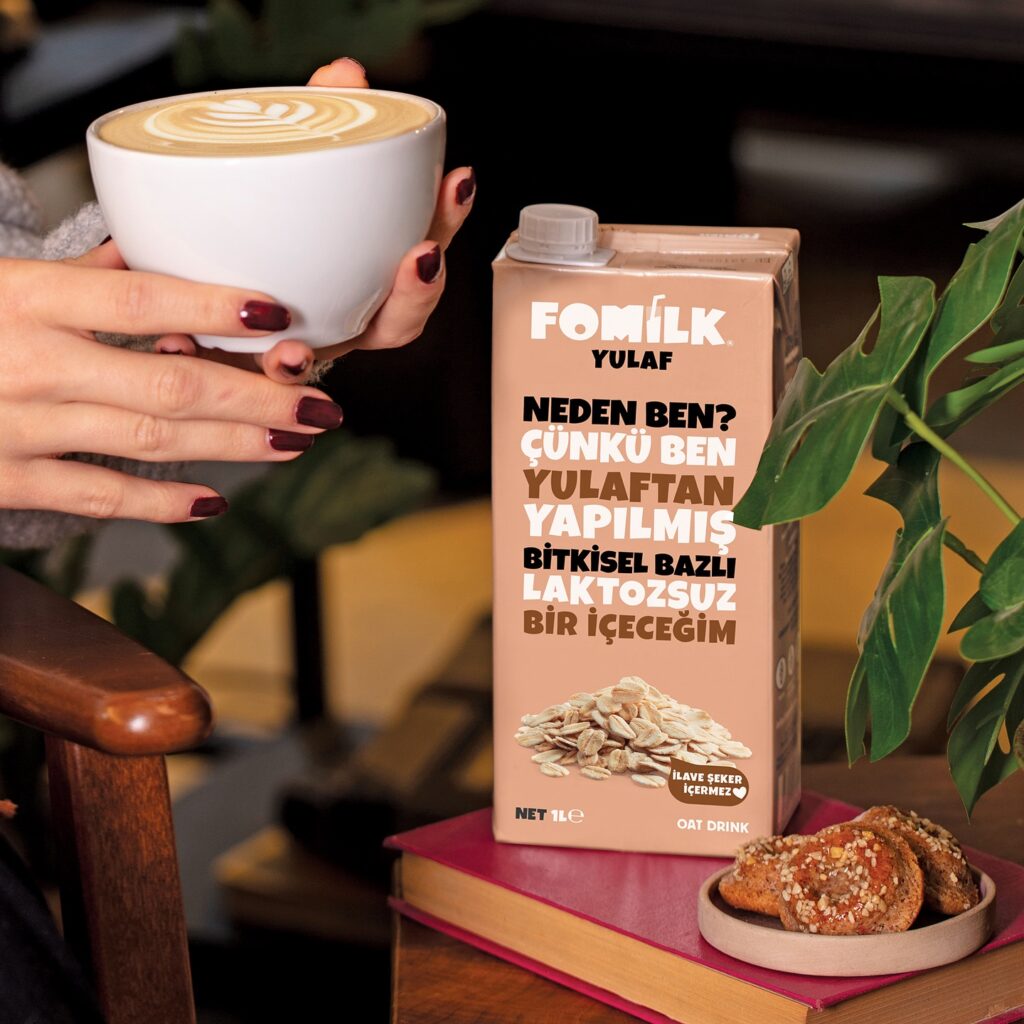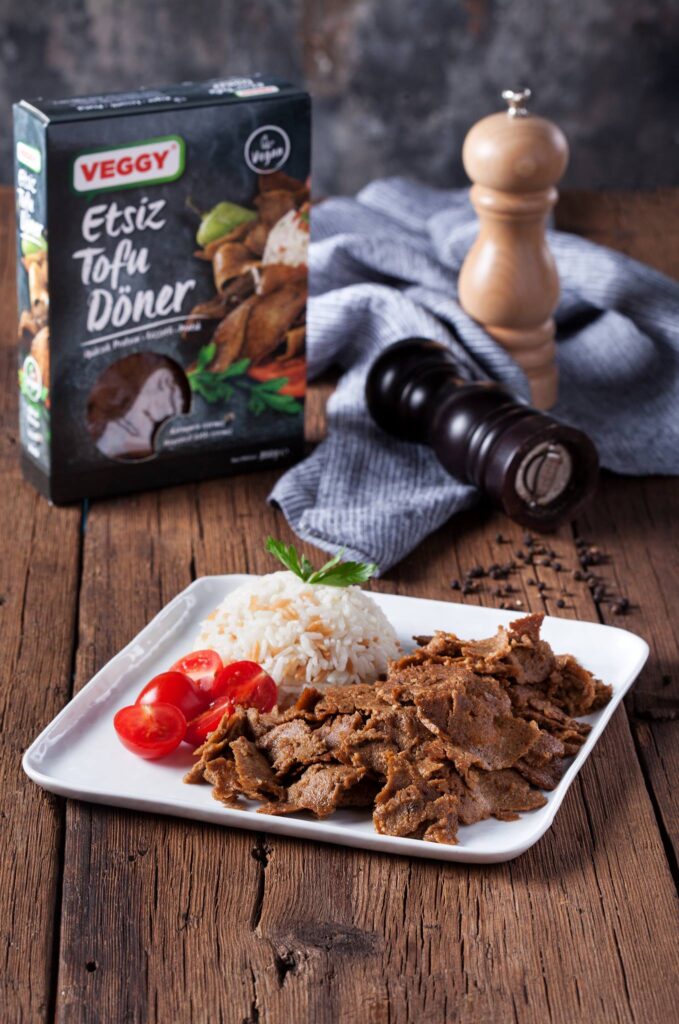
Turkey has just published new labelling laws that bring certain wins and losses for plant-based products, which are becoming increasingly popular in the country.
There were already 100,000 vegans in Turkey by 2022 – not a large number when you look at the share of the population – yet sizeable for a nation whose cuisine is built on meat and dairy.
But both anecdotal and statistical evidence suggests that consumption of plant-based food is increasing in the country. Health is the biggest factor driving Turks towards vegan meat and dairy alternatives, with product safety a top concern.
And when it comes to labels, local sourcing, halal/kosher, and traditional claims on meat analogues are most important to consumers, while low-fat, animal welfare, and functional ingredients are key for vegan cheese.
The problem is, two years ago, the Turkish Ministry of Agriculture and Forestry effectively banned the production of vegan cheese, citing consumer confusion and a supposed violation of cheese standards.
Now, though, the government has updated the Turkish Food Codex Labeling and Consumer Information Guide, recognising plant-based cheese as separate, autonomous products from the conventional version. The overseeing commission cleared the way for companies to manufacture, import and export non-dairy cheese, a big win for the sector.
But the catch is, these products – like other plant-based dairy offerings – can’t use terms like ‘milk’, cheese’, and more. Vegan meat alternatives, on the other hand, are allowed to feature words including ‘burger’, ‘salami’ and ‘meatballs’, but not descriptors such as ‘tastes like chicken/meat’ (although ‘cheese-flavoured vegan crackers’ is allowed).
The simultaneous positives and negatives are symbolic of the divisive new law, which marks the first time the Food Codex has recognised and defined vegan products. Industry experts are praising the feat, but also cautioning that there’s a long way to go.
Elif Güngör Reis, a food tech expert and IP board member at the Istanbul Arel University, called the legislation “a pivotal step forward” for the industry.
“Previously, the absence of clear definitions often left room for manufacturers to label products freely, which sometimes led to consumer confusion. For example, products with animal-derived additives could still be marketed as ‘vegan,’ eroding trust,” she told Green Queen.
“Overall, these new rules are a much-needed step to boost consumer trust and bring Turkiye closer to international standards,” she added. “However, their success will depend on how well producers adapt, particularly in balancing compliance costs with maintaining competitiveness in both local and export markets.”
Cultural context, Big Dairy make things harder for plant-based milk

Güngör Reis believes the legislation creates a “double-edged” scenario for Turkish plant-based producers. “On the one hand, they provide clarity and build consumer trust, which is invaluable in a rapidly growing market. By setting clear definitions, these regulations offer producers a chance to differentiate their products and align with the increasing consumer demand for transparency and quality,” she said.
But then there are the restrictions on dairy alternatives, which will force producers to rethink how they market their products. The Food Codex states that plant-based milk can’t even use the term “does not contain milk”.
“Terms like ‘burger’ or ‘meatball’ are still allowed, providing some leeway, but the shift for other terms might affect consumer familiarity and acceptance,” she added.
The difference between the two categories lies in Turkey’s cultural and economic context, as well as its regulatory framework and industry influence. Dairy is deep-rooted in the country’s culture – yoghurt, for example, originated in Anatolia, the peninsula comprising most of Turkey’s area. The industry argues that using these terms for vegan products “could mislead consumers into expecting nutritional equivalence”, a concern particularly relevant in the nation.
The tougher stance on these alternatives also reflects Big Dairy’s strong lobbying influence, according to Güngör Reis. “The dairy sector represents a substantial share of the agricultural economy, and this cultural and economic weight has translated into strong protections for terms like ‘milk,’ ‘cheese,’ and ‘yoghurt’,” she explained.
“Plant-based meat products, by contrast, are a newer addition to the market and carry less cultural baggage. Terms like ‘burger,’ ‘meatball,’ or ‘sausage’ are tied more to the product’s form and function than to specific ingredients,” she continued.
“Allowing these terms helps consumers understand how to use and prepare the products without confusion, making them less controversial from a regulatory standpoint.
“As consumer awareness grows, these regulations might evolve, but for now, the distinction underscores the unique role of dairy in Turkish culture.”
New regulations boost transparency, but challenge SMEs

The regulations prohibit the advertising of meat and dairy analogues in a way that makes people think they’re a substitute for animal-based foods, justifying it by stating that vegan diets are a matter adults can decide on with their own free will. Additionally, products can’t feature geographical indications or traditional names linked with animal ingredients.
But foodservice operators are now required to clearly identify meat-free options with descriptors like “suitable for vegetarians/vegans” on menus, brochures, QR codes, digital displays, etc.
One of the most significant changes with the new regulations is the introduction of mandatory certification and inspection processes to help enhance product quality and prevent misleading claims.
“While this enhances transparency and consumer confidence, it also introduces challenges for smaller producers, who may face higher costs and logistical hurdles,” said Güngör Reis. She explained that this would likely drive up production costs, which would disproportionately hurt small- and medium-sized producers.
“Innovation may also slow if these smaller players struggle to navigate the new requirements,” she explained. “Additionally, the lack of full alignment with EU standards poses challenges for producers targeting international markets, where compliance demands may differ.”
She continued: “While the new rules aim to create a more transparent market, their success will depend on the industry’s ability to adapt. With the right support systems, these regulations could ultimately strengthen the plant-based sector in Türkiye.”
The post With Plant-Based Consumption on the Rise in Turkey, Are the New Labelling Laws A Blow? appeared first on Green Queen.
This post was originally published on Green Queen.